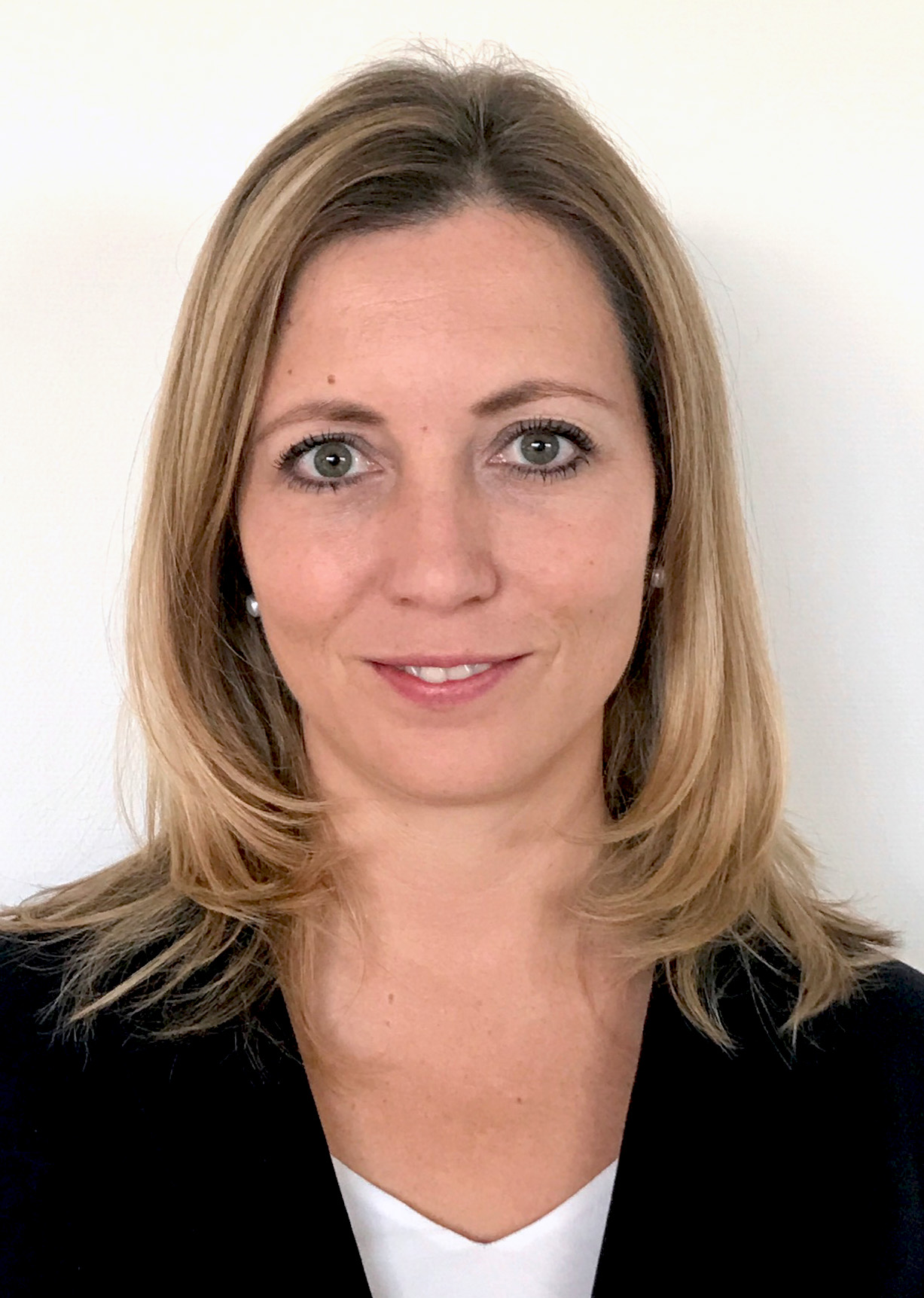
Isabelle Arnold Wallén, Prof. Dr. sc. nat.
- Seit 01.05.2020: SNF-Professorin für Mukosale Immunologie UZH
- Forschungsgebiet: Mukosale Immunologie
Header

| 2000 - 2006 | BSc and MSc in Biology, University of Geneva, Switzerland |
| 2006 - 2010 |
Cancer Biology PhD Program, University of Zurich Doctoral thesis: “The balance between immunity and tolerance determines the outcome of H. pylori infection” |
| 2010 - 2015 | Postdoc: intestinal inflammation and IBD research, Translational Gastroenterology Unit, University of Oxford, United Kingdom |
| 2015 - 2020 |
Postdoc and junior group leader: mucosal immunology and intestinal inflammation research, University of Zurich |
| May 2020 | SNSF Eccellenza professorial fellowship, mucosal immunology group, Institute of Experimental Immunology, University of Zürich |
Wissenschaftliche Arbeit versus andere Berufstätigkeit: Weshalb haben Sie sich für die Wissenschaft entschieden?
Understanding the hidden mechanisms behind biological processes has always fascinated me. A lot of scientific questions are puzzles to be solved and I like the idea that multiple teams around the world individually work on different pieces to help revealing the bigger picture together.
Was gefällt Ihnen an Ihrer Arbeit und was ist das Besondere dabei?
I like the diversity and freedom of academic research. Having the possibility to permanently explore new themes or ideas is a great privilege and is intellectually very stimulating. I also enjoy the diversity of the everyday life. Between bench work, writing, teaching, reading, mentoring and exchanging ideas with peers, no day looks like another.
Gab es in Ihrer Karriere besonders prägende Durststrecken oder Misserfolge? Wie überwanden Sie diese?
Every career has challenging times. I think the way you react to these challenges are part of the learning process - understanding and acknowledging your mistakes or pitfalls is important to grow as a scientist. But persistency is everything.
Welche Person / welche Institution hat Sie in Ihrem beruflichen Umfeld am stärksten unterstützt?
I had the chance to be strongly supported in most steps of my career. My institute and mentor at the UZH have helped me to bridge the years from my post-doc abroad to the establishment of an independent research team. My husband has further adapted his own career to my geographical localisation needs, which might not always be straightforward.
Hatten Sie (besondere weibliche) Vorbilder, die Ihren Werdegang beeinflusst haben? Welche?
During my academic progression, I had the chance to work with several very inspiring women. Their strong personalities, commitment to science, positive thinking and ability to balance a high-level carrier with a harmonious family life have certainly encouraged me to follow this path with confidence.
Welche Massnahmen ergreifen Sie als Professorin, um den wissenschaftlichen Nachwuchs (insbesondere Frauen) an Ihrem Institut zu fördern?
My goal is to train and encourage young students (both men and women) to develop their skillsets, help them to establish a network of collaboration and a good track record of publications, so that they have the best cards in hand for their next career step. Persons showing a particular aptitude and interest in pursuing an academic research career should further be pushed and given the opportunity to “shine” on their own.
Welche Tipps geben Sie einer Jungforscherin mit auf den Weg, die eine akademische Karriere ins Auge fasst?
I would encourage young female researchers to be more self-confident and to always aim a little higher than what they would instinctively do, even if it seems out of reach. In addition, I believe persistency is fundamental driver of success in any carrier type.
Ist es aus Ihrer Sicht eine Herausforderung die Balance zwischen der Forschung/der praktischen Arbeit in der Klink und der Familie/dem Privatleben zu halten? Wie gehen Sie damit um?
It is a delicate equilibrium to find and I often feel that a day is too short to fit in everything I would like to do. Having a supportive partner and a solid childcare support system is essential to make it work. By reducing my workload to 90%, I found that saving some extra time specifically for my family was making me feel much more balanced and happier at work.